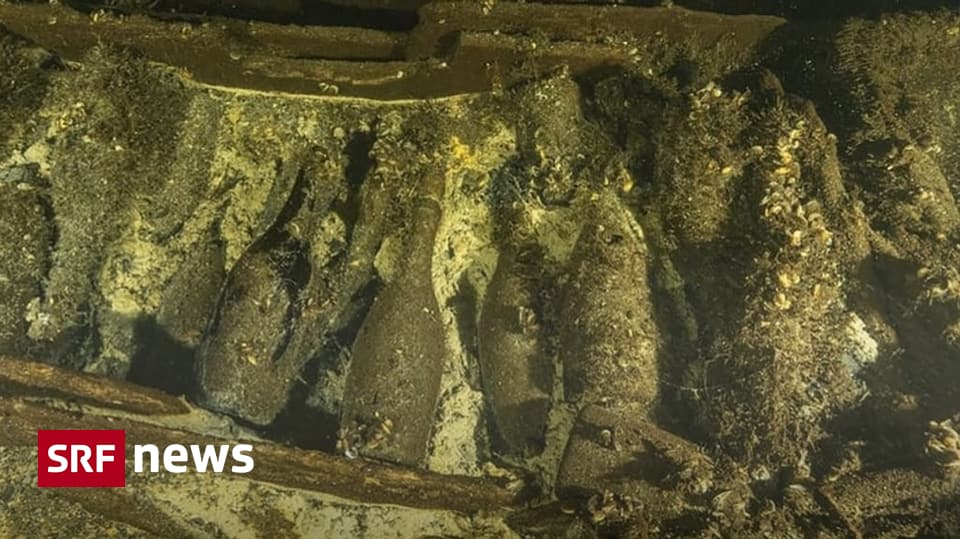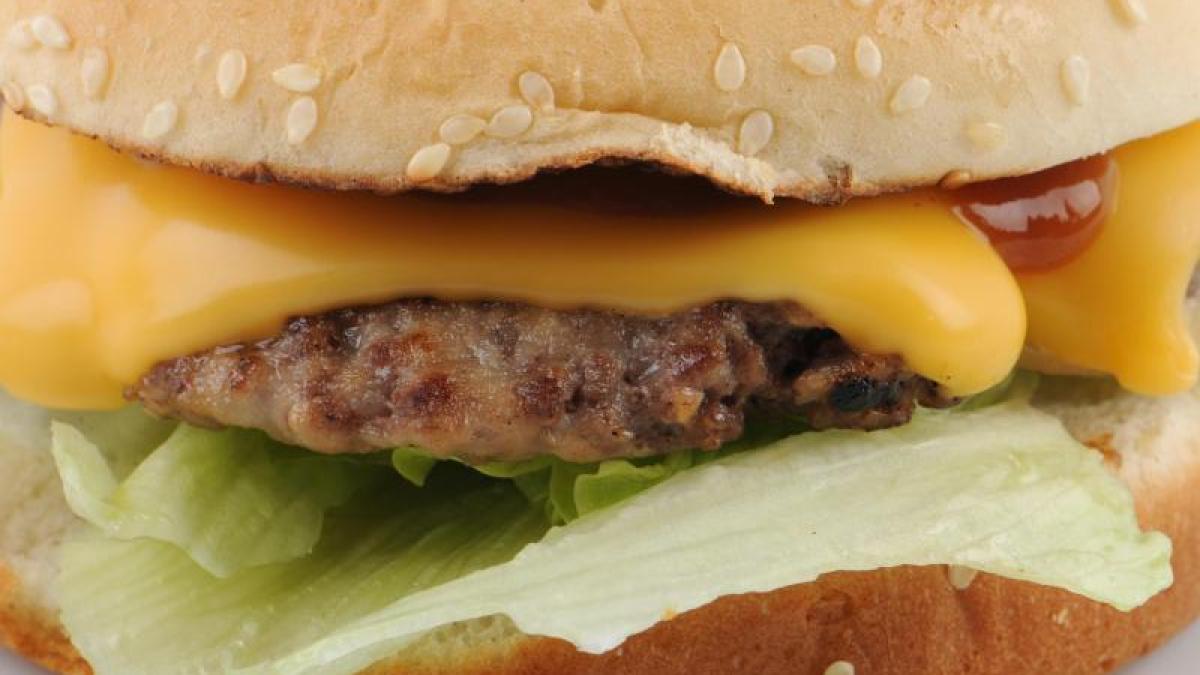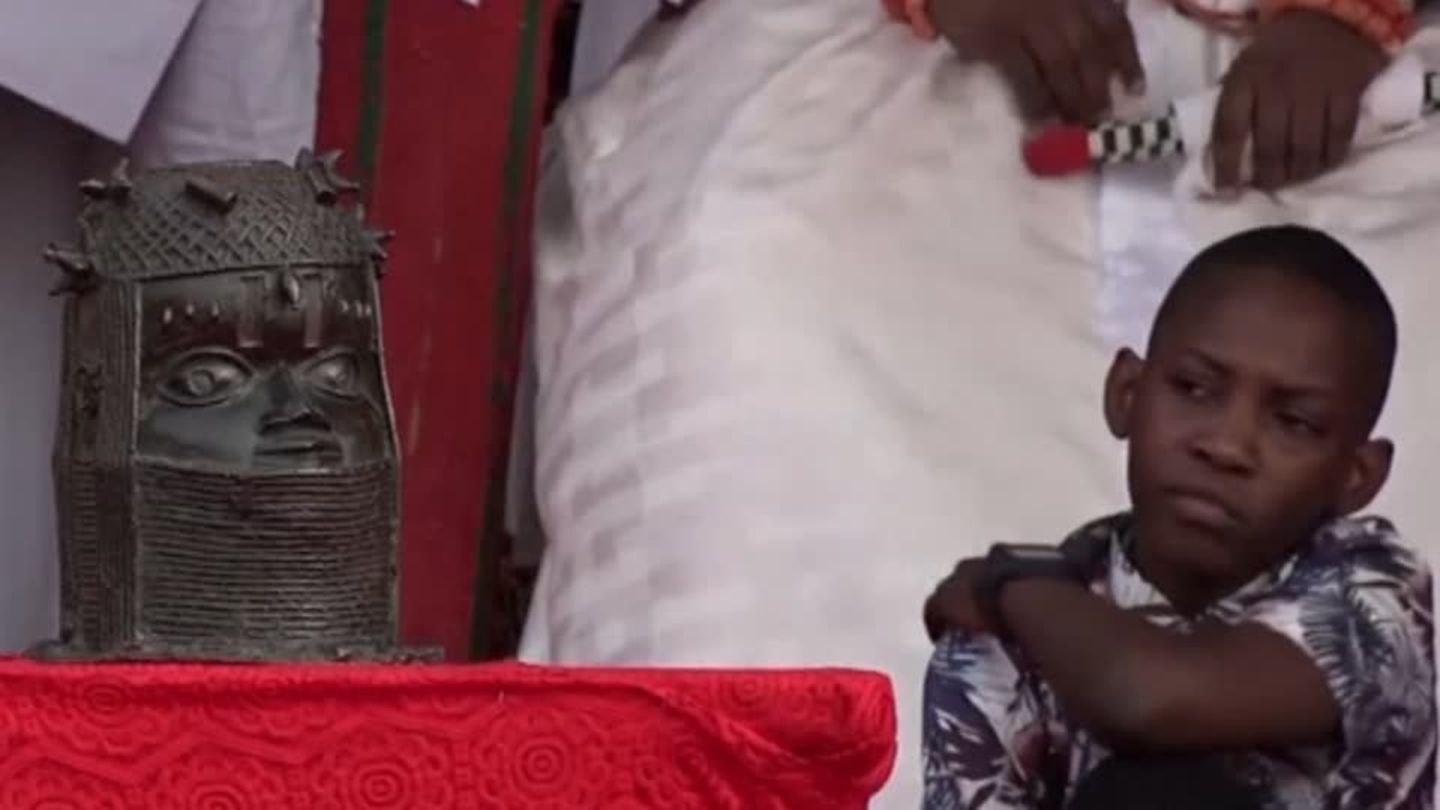They once stood in the Palace of the Kingdom of Benin, in present-day Nigeria, the famous Bronze Palace of Benin. At the end of the 19th century, the British stole thousands of valuable works and sold them to collectors and museums, including in Germany. Two of the bronzes returned to their ancestral palace on Saturday, more than a century after they were stolen. Statue of a rooster and head of Oba – the highest political and ritual chief of the Kingdom of Benin. Biju Layola, Professor, University of Lagos. “This is a turning point. These works were removed in 1897. And their return after 125 years, after a lot of negotiations, makes everyone happy here. Look at the people. They are very excited about the return of these two treasures – it is stuff that has a very strong philosophical and cultural meaning for the people of Benin. , so it really is a great event.” The University of Aberdeen and the University of Cambridge have restored the two statues. Germany also announced that it will begin returning the Bronze to Benin this year. More than a thousand can still be found in many German museums. The return raised hopes that more artifacts could finally return to their ancestral homes. The artifacts, now found mostly in Europe, were picked up by explorers and colonists from the powerful Kingdom of Benin in what is now southwestern Nigeria and are among the most important objects in African cultural heritage. According to the British Museum, they were created as early as the 16th century. Another milestone in an entire year African nations struggle to return looted artworks, while many European institutions grapple with the cultural legacies of colonialism, Edosunmoan said in an interview on the sidelines of a party also attended by traditional leaders, including Benin’s King Iwari II. According to estimates by French art historians, about 90% of the cultural heritage of Africa is located in Europe. The Musée du quai Branly-Jacques Chirac in Paris alone houses some 70,000 African objects, and the British Museum in London tens of thousands more. Germany now wants to return the treasures of art. The Ministries of Foreign Affairs and Culture have said Germany wants to start returning Benin’s Bronze Curves to Nigeria next year. This is part of a growing trend to return cultural assets confiscated during the colonial era to their original places. British soldiers captured thousands of metal castings and sculptures in the 1897 raid of the Kingdom of Benin, which then seceded from British-ruled Nigeria. “Bronzes” – in fact notable copper alloy carvings, many depicting court figures – were auctioned and then distributed to institutions from New Zealand to Germany to the United States, and the largest collection has been found in London. The Ethnological Museum in Berlin has over 500 historical artifacts from the Kingdom of Benin in its collections, most of them in bronze. The University of Aberdeen in Scotland announced last month that it would be one of the first public institutions to return a bronze medal from Benin to Nigeria within weeks. The British Museum, which owns hundreds of sculptures, along with several other museums, has formed the Benin Dialogue Group to discuss the Benin City Sculptures Exhibition, some of which are on official loan. In the Nigerian state of Edo, of which the city of Benin is the capital, there are plans to build a center for the storage and study of returned artifacts by the end of 2021 and a permanent museum by 2025. The German ministries made their statement in cooperation with the German museums of the Benin Dialogue Group.

“Alcohol buff. Troublemaker. Introvert. Student. Social media lover. Web ninja. Bacon fan. Reader.”







More Stories
Kaspersky: All employees in the US must leave – business activities will be terminated
Resettlement in the United States and its Impact on U.S.-Focused Firms
TikTok urges users to resist US law